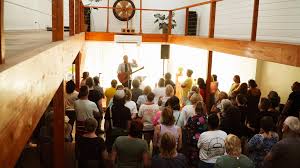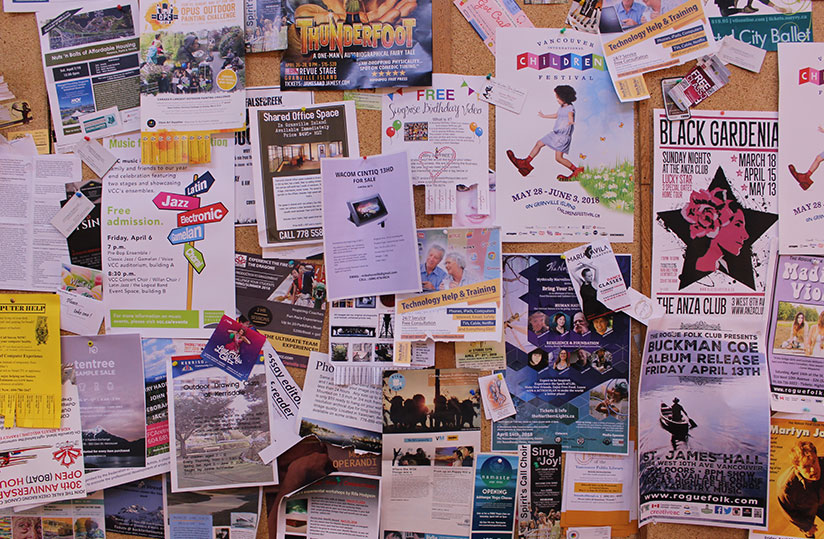
There comes a moment every Advent — usually somewhere between the third page of the to-do list and the fifteenth parish email about who exactly moved the nativity sheep again — when a well-meaning somebody cheerfully tells you,
“Don’t forget to take time for prayer!”
And you smile politely, because that is what good Anglicans do, even as your inner voice responds, “I’ll take time for prayer just as soon as I’m finished saving humanity from the Annual Pageant Costume Crisis.”
This, friends, is the season when clergy and laity alike can wear ourselves thinner than the last cookie on the parish cookie plate — inevitably broken, yet still dutifully eaten. The lead-up to Christmas brings beauty, yes, but also a flurry of bulletins, grocery lists, family tensions, memorial services, school concerts, neighbourhood festivities, wrapping paper incidents, and the universal December panic of discovering everyone else finished their shopping in October.
And so we find ourselves weary.
Bone-tired.
Spiritually overcooked.
And it’s in these moments — when your brain feels like cold porridge and your soul a little frayed at the edges — that prayer becomes… complicated. You know you should pray. You want to pray. But all that comes out is a theological mutter resembling, “O God… um… yes… okay… amen.”
Here is the good news:
God hears that.
In fact, God might even prefer it.
Because prayer — real prayer — isn’t about eloquence or endurance. It’s not an Advent spiritual triathlon where only the strong survive. Prayer is showing up. And sometimes “showing up” looks like collapsing into God’s arms and saying nothing at all. Sometimes it looks like lighting the Advent wreath and staring at it blankly for five full minutes, wondering if you remembered to turn off the oven. Sometimes it’s a sigh, or a groan, or the exhausted raising of one eyebrow heavenward as you whisper, “You know.”
And God does know.
Our tiredness is not a barrier to God. It’s an invitation.
The Incarnation itself is God stepping directly into our human weariness — into the lists, the chaos, the midnight tears, the shepherds who probably arrived without washing their hands, and the general sense that life is happening faster than we can organize it. Jesus meets us not at our polished best, but in our stumbling, sleepy, shepherd-hearted devotion.
So if this Advent you find yourself too tired to pray, then pray like this: trusted, honest, simple. Offer God your tiredness. Offer God your silence. Offer God the five minutes you have between the last meeting and the choir rehearsal. God receives it with love that never grows weary.
And perhaps — just perhaps — that is the most faithful prayer of all.
Companion Prayer
O God of Candlelight and Chaos,
In this busy Advent season, when our energy runs low
and our lists run long,
teach us again that you welcome us just as we are—
weary, frayed, distracted, and longing for rest.
When our prayers are little more than sighs,
receive them as hymns of the heart.
When our thoughts wander like shepherds in the night,
gently lead us back to your peace.
When we feel too tired to pray,
remind us that simply turning toward you
is prayer enough.
Wrap us in your quiet strength.
Renew our hope.
And help us find, even in our exhaustion,
the deep comfort of knowing
that you never grow weary of loving us.
Come, Lord Jesus,
into our tired December hearts.
Amen








